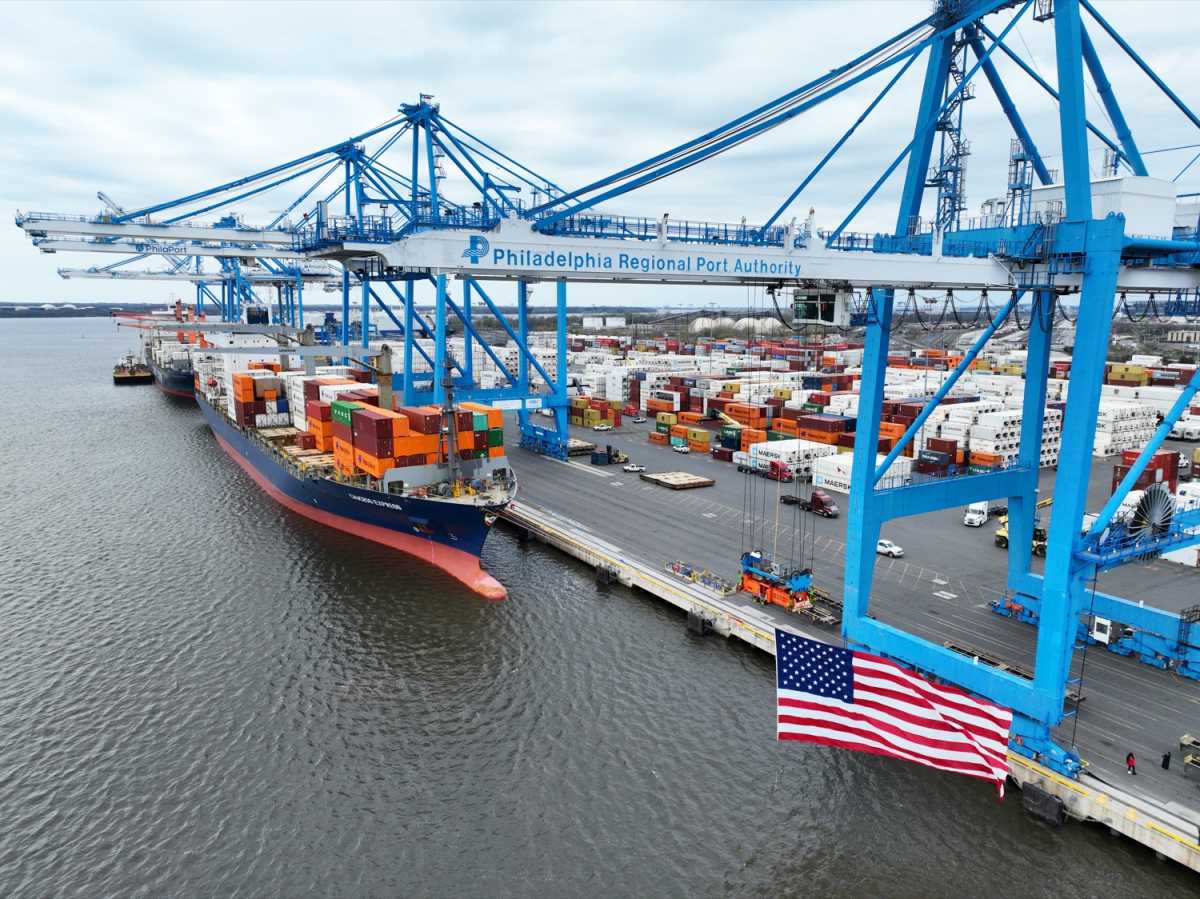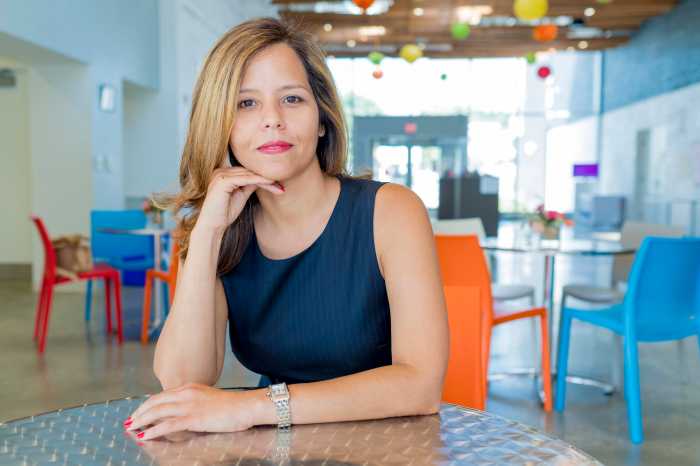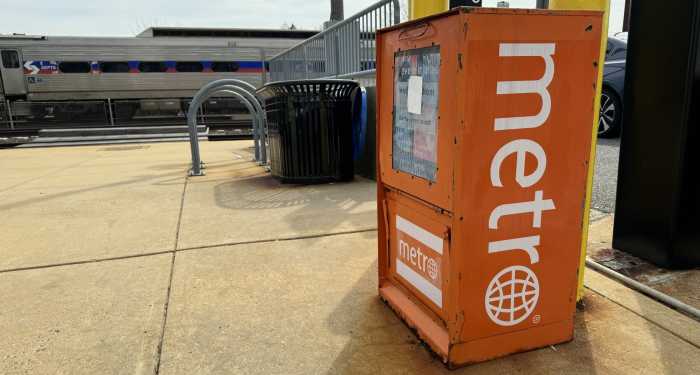As negotiations continue on Capitol Hill, economic professionals and small business advocates from Philadelphia are weighing in on the potential effects of tariffs on the city.
“A tariff is a tax on imports and exports that is levied at the point of entry of a country,” said Dr. Jeff Hornstein, executive director of the Economy League of Greater Philadelphia. “Things come off boats or planes from one port to another, and they have to enter through customs. There is a customs duty or a tariff that is imposed on those goods.”
The United States has enacted a 10% tariff on all imports, excluding energy. Tariffs that are higher than 10%, known as “increased tariffs,” have been suspended, except for those imposed on China, which is currently at 145%.
“Our current president is of the opinion that we have a very large trade deficit because other countries are making our cost of goods too expensive through unfair tariffs, and that he’s going to rebalance the entire 65 year history of global trade,” Hornstein said.
Horstein disagreed with the contention: “I don’t say that I have a huge trade deficit with my plumber, because he or she produces a service that I can’t do myself. I pay that plumber that I have a trade deficit with, because I haven’t done anything for him. He then goes and spends that money in the economy. Eventually, maybe it ripples back to me because I may own a business that he buys (from), or I invest in a business that now grows and increases my retirement savings. That’s how a complex capitalist economy works.”
Philadelphia is the largest importer of fruit in the country, said Hornstein. The city is also a large importer of cars as well as construction materials, which is particularly concerning as it pertains to the city’s housing shortage.
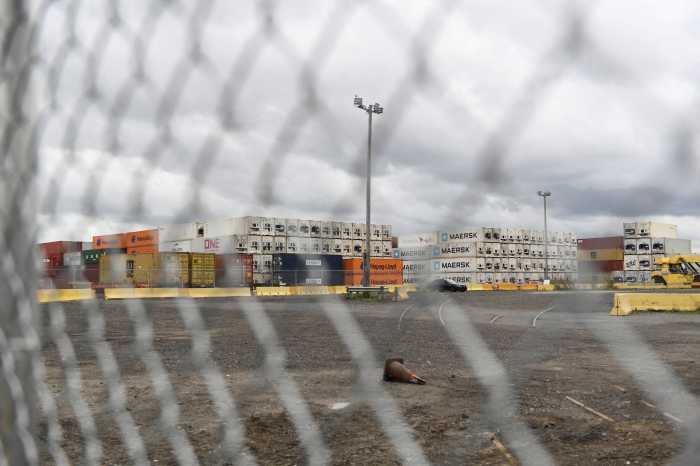
According to the CEIC, 68.8% of U.S. GDP comes from consumption. While the U.S. maintains a significant trade surplus in services, as Hornstein points out, Philadelphia’s strong reliance on imported goods means it is particularly susceptible to the price-increasing effects of tariffs on those products.
“We have a pretty large trade surplus in services, and our services are legal, engineering design, tourism and the education sector,” said Hornstein. “What’s particularly troubling, is that by scaring tens of thousands of foreign employees and students away, it is going to eat into our trade surplus in services.”
According to the Pew Research Center, 15.7% of the Philadelphia population, accounting for more than 246,000 residents, was not born in the U.S. Despite this, the city’s population seems hesitant to celebrate its roots.
The South Philly festival, Carnaval De Puebla, was cancelled this year, as fears of deportation grew, according to NBC10 Philadelphia. A smaller event is being organized in its place, but the group is hoping to return back even stronger next year.
“[The community is] looking for comfort,” said Jennifer Rodriguez, president and CEO of the Greater Philadelphia Hispanic Chamber of Commerce. “They’re looking for answers, and there is some confusion. People need a little bit of orientation and information that is digestible to them, and, unfortunately, there’s not a lot of that going on at the moment.”
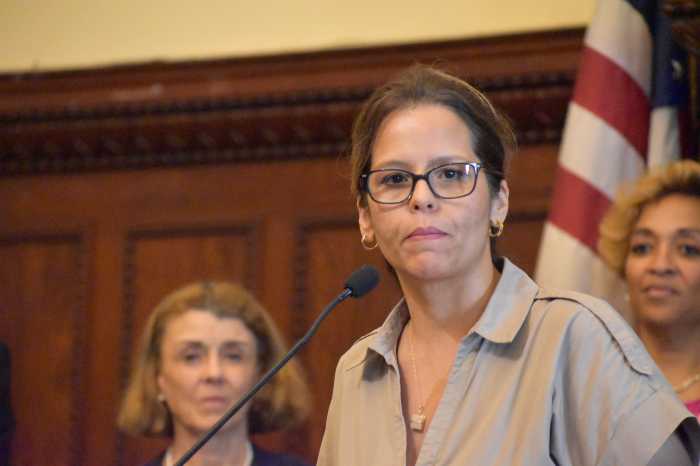
Rodriguez emphasized the quickly changing news headlines that are hard for the community to keep up with.
“We don’t know where things are going and the decisions are changing week to week,” Rodriguez said. “We’ve heard one week that the tariffs are well on their way, and the government is really staunch, saying, ‘We’re gonna stick to this.’ And then a couple weeks later they retract.”
Small businesses are freezing up and paralyzing, stopping planned investments into their establishments.
“Small businesses don’t have the sophisticated understanding or access to sophisticated analysis to make decisions on where the economy is going” Rodriguez said. “Oftentimes in very complicated and volatile environments, pausing is sometimes the wise thing to do.”
Rodriguez ended with a call to action to support local Latino businesses:
“I think that we should be very intentional about where we invest, where we support, and that in many instances, local businesses’ prices might not be as competitive as national chains, but if we really want a sustainable local economy we should try and invest locally. They’re Latino-owned businesses in every industry serving local communities, serving internationally, serving nationally. We are here. We are contributing, and you should be supporting.”
The Greater Philadelphia Hispanic Chamber of Commerce serves Hispanic businesses in the city and can be reached through their website for support.



